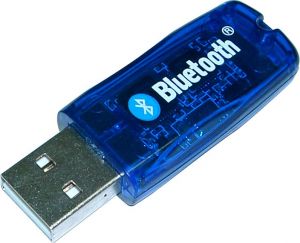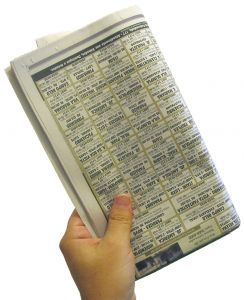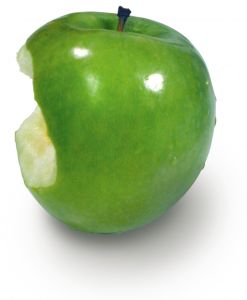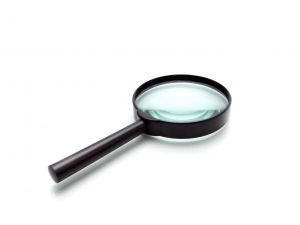Five opinions came down today from the United States Supreme Court. Read the summaries below and read the full text of the opinions at Justia’s U.S. Supreme Court Center.
Alleyne v. United States, United States Supreme Court (6/17/13)
Civil Rights, Constitutional Law, Criminal Law
 Alleyne was convicted using or carrying a firearm in relation to a crime of violence, 18 U.S.C. 924(c)(1)(A), which carries a five-year mandatory minimum sentence. The sentences increases to a seven-year minimum if the firearm is brandished, 924(c)(1)(A)(ii), and to a 10-year minimum if it is discharged, 924(c)(1)(A)(iii). The jury form indicated that Alleyne had “[u]sed or carried a firearm during and in relation to a crime of violence,” but not that the firearm was “[b]randished.” Alleyne objected to a sentencing report recommendation of a seven-year term, arguing that the jury did not find brandishing beyond a reasonable doubt and that raising his mandatory minimum sentence based on a judge’s finding of brandishing would violate his Sixth Amendment right to a jury trial. The district court overruled the objection. The Fourth Circuit affirmed.
Alleyne was convicted using or carrying a firearm in relation to a crime of violence, 18 U.S.C. 924(c)(1)(A), which carries a five-year mandatory minimum sentence. The sentences increases to a seven-year minimum if the firearm is brandished, 924(c)(1)(A)(ii), and to a 10-year minimum if it is discharged, 924(c)(1)(A)(iii). The jury form indicated that Alleyne had “[u]sed or carried a firearm during and in relation to a crime of violence,” but not that the firearm was “[b]randished.” Alleyne objected to a sentencing report recommendation of a seven-year term, arguing that the jury did not find brandishing beyond a reasonable doubt and that raising his mandatory minimum sentence based on a judge’s finding of brandishing would violate his Sixth Amendment right to a jury trial. The district court overruled the objection. The Fourth Circuit affirmed.
The Supreme Court vacated and remanded, overruling Harris v. United States, 536 U.S. 545 and applying Apprendi v. New Jersey, 530 U.S. 466. Mandatory minimum sentences increase the penalty for a crime and any fact that increases the mandatory minimum is an “element” that must be submitted to the jury. Defining facts that increase a mandatory minimum as part of the substantive offense enables a defendant to predict the applicable penalty from the face of the indictment and preserves the jury’s role as intermediary between the state and criminal defendants. Because the fact of brandishing aggravates the prescribed range of allowable sentences, it constitutes an element of a separate, aggravated offense that must be found by the jury, regardless of what sentence the defendant might have received had a different range been applicable. The Court noted that its ruling does not mean that any fact that influences judicial discretion must be found by a jury.
Read more: Supreme Court says jury should have final say on facts that trigger mandatory minimums


 On December 11, a federal jury in Delaware
On December 11, a federal jury in Delaware  Yesterday, December 6, a Canadian company filed two lawsuits against Apple, alleging that the Cupertino, California, company infringed on several of its patents.
Yesterday, December 6, a Canadian company filed two lawsuits against Apple, alleging that the Cupertino, California, company infringed on several of its patents.  Earlier this week, on December 3, Apple was
Earlier this week, on December 3, Apple was  On November 30, Google was hit with yet
On November 30, Google was hit with yet  On November 30, Washington Research Foundation
On November 30, Washington Research Foundation  On Thursday, November 29, Google was named as the defendant in a
On Thursday, November 29, Google was named as the defendant in a  Last Thursday, November 29, a foreign corporation called Arendi
Last Thursday, November 29, a foreign corporation called Arendi  Massachusetts company Lexington Luminance LLC (“Lexington”)
Massachusetts company Lexington Luminance LLC (“Lexington”)  Yesterday, November 29, Brent Matthew Scott
Yesterday, November 29, Brent Matthew Scott